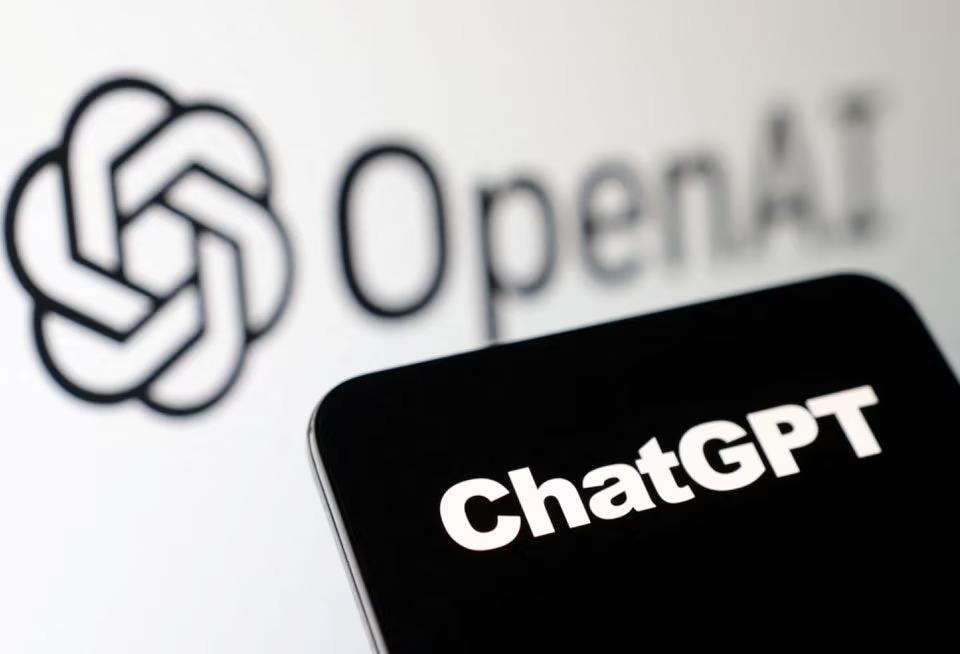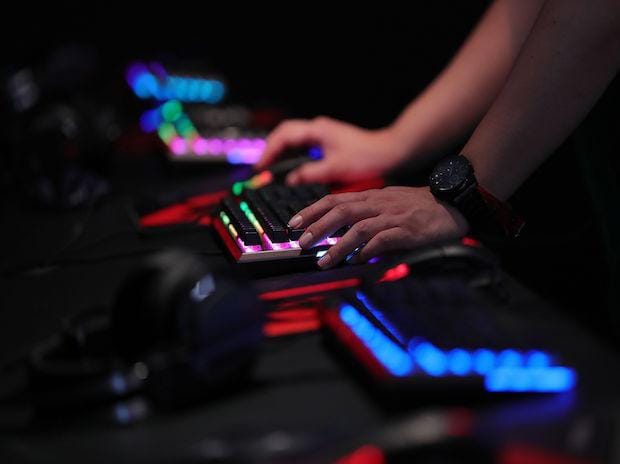OpenAI is facing a potential lawsuit from The New York Times (NYT) for an intellectual property debate over alleged copyright violations, reported NPR on Wednesday.
The news outlet also claims OpenAI, the owner of ChatGPT, is using the Times’ content to train its chatbot.
NYT’s concern
NYT spent months negotiating with OpenAI to establish a licencing agreement allowing the company to incorporate the paper’s stories into its AI tools. However, the discussions turned sour when the news organisation expressed fear that ChatGPT would replace journalists, making it a direct rival.
OpenAI could become a popular search engine for readers by providing content based on original reporting, driving people away from news outlets, and directing them to the AI tool instead. And in response to this possibility, the Times is reportedly considering legal action.
The news outlet also alleged that ChatGPT has already used its data to generate paragraphs of information without the news outlet’s permission.
Has OpenAI violated any copyright laws?
It remains unclear whether OpenAI has broken any copyright laws. A case like this would put the Times venturing into uncharted waters on a number of fronts. For example, OpenAI could be ordered to remove the Times’ data from its training model, which is likely impossible without retraining ChatGPT on a new dataset—a very expensive process.
“If you’re copying millions of works, you can see how that becomes a number that becomes potentially fatal for a company,” Daniel Gervais, the co-director of the intellectual property program at Vanderbilt University who studies generative AI, told NPR.
“Copyright law is a sword that’s going to hang over the heads of AI companies for several years unless they figure out how to negotiate a solution,” Gervais said.
What happens if the New York Times files the lawsuit?
If NYT files the lawsuit against OpenAI, the company could face financial penalties if it’s found to have breached copyright law, with fines of up to $150,000 per copyright infringement.
Writers sue OpenAI for copyright infringement
In recent months, OpenAI’s developments have raised concerns about effectively replacing writers, resulting in multiple lawsuits being filed against the company.
Comedian Sarah Silverman sued OpenAI last month, claiming that it used copies of her book, The Bedwetter, to feed its AI chatbot, infringing on her book’s copyright.
She is one of three authors suing the company, all of whom allege they did not permit OpenAI to extract information from their books. Other writers include Christopher Golden, who authored Ararat, and Richard Kadrey, author of Sandman Slim.
OpenAI vs journalism
Other news outlets have criticised OpenAI for illegally using their articles to train the chatbot, including News Corp., which owns the Wall Street Journal.
Speaking on the issue, News Corp’s CEO Robert Thomson told The Financial Times, “The media’s collective IP is under threat and for which we should argue vociferously for compensation.”
He added that AI was “designed so the reader will never visit a journalism website, thus fatally undermining that journalism.”
Note:- (Not all news on the site expresses the point of view of the site, but we transmit this news automatically and translate it through programmatic technology on the site and not from a human editor. The content is auto-generated from a syndicated feed.))



